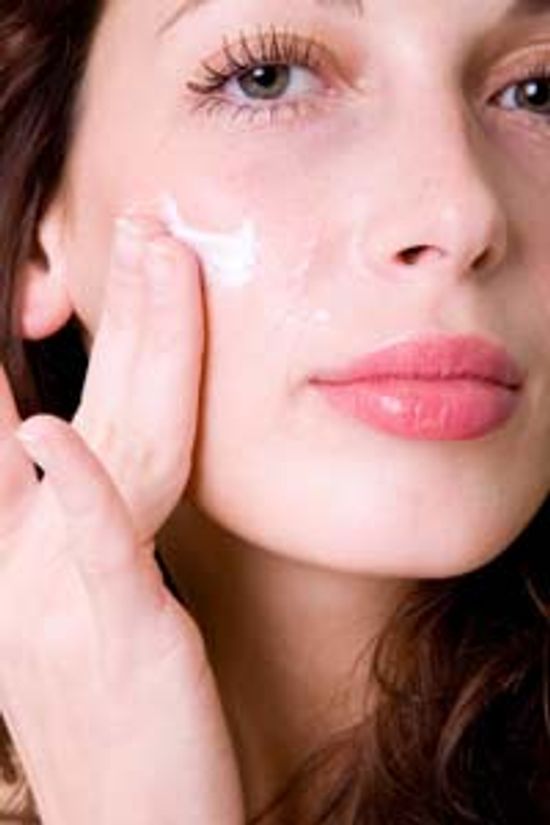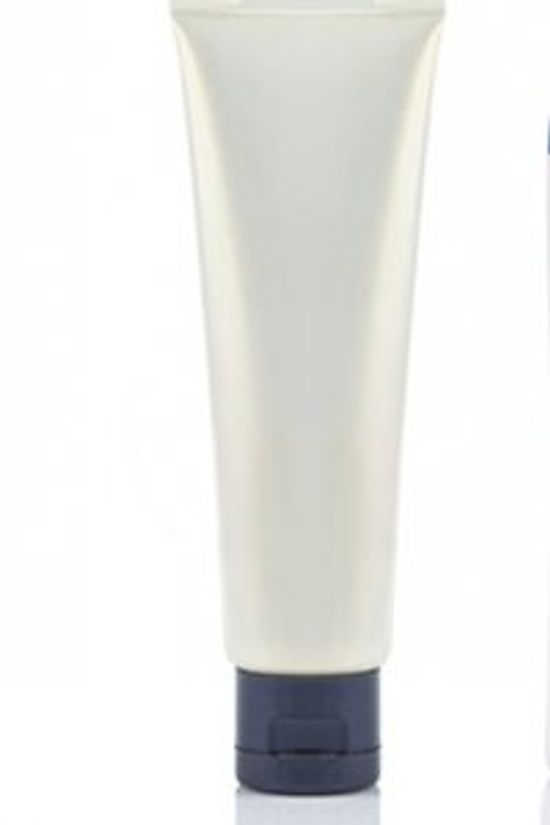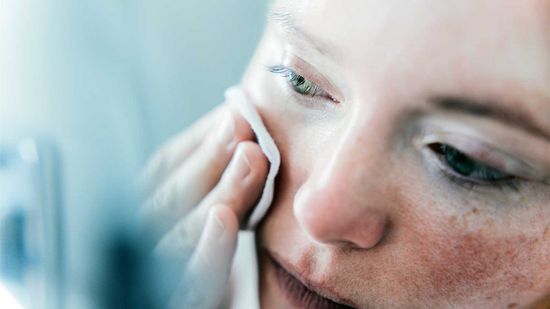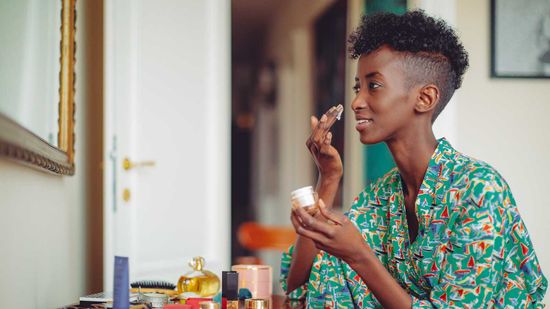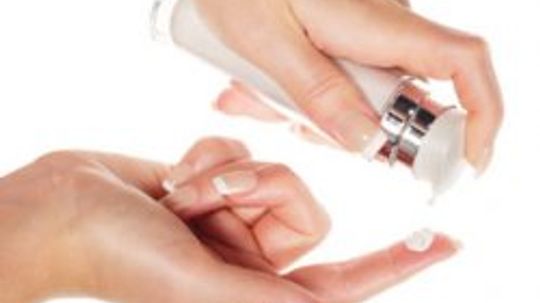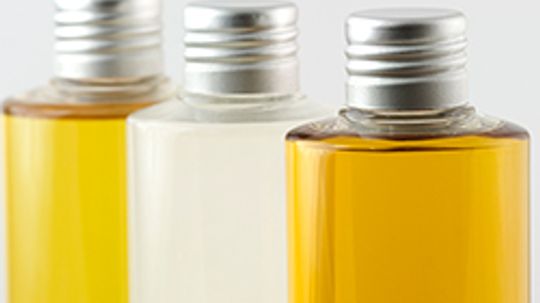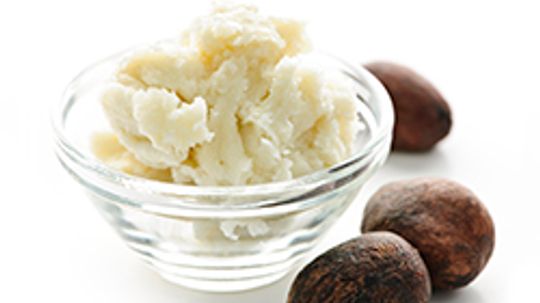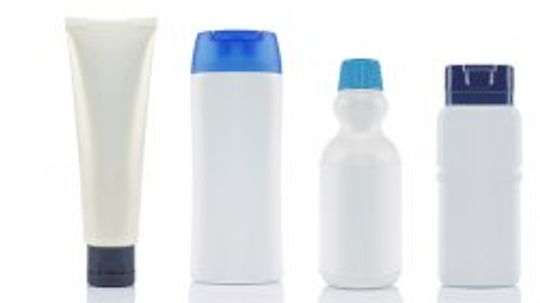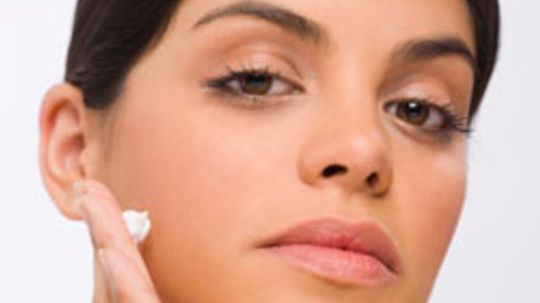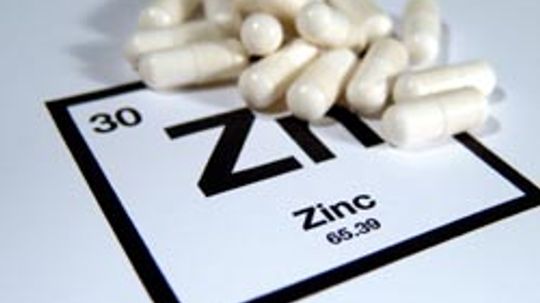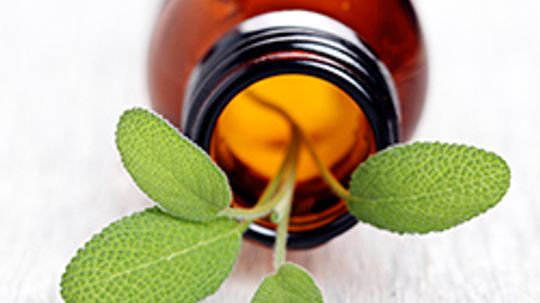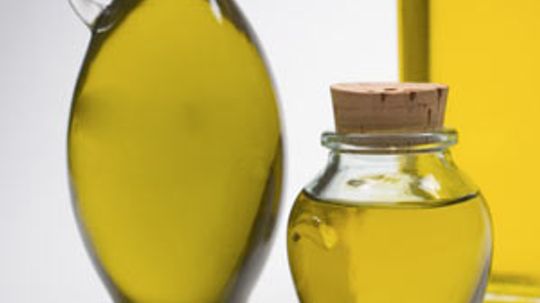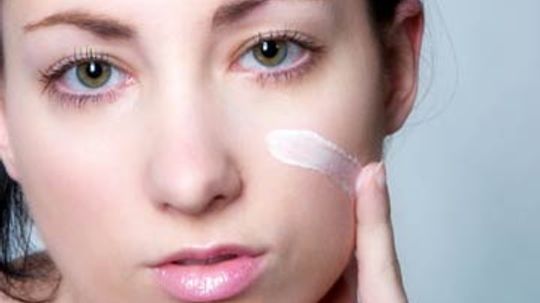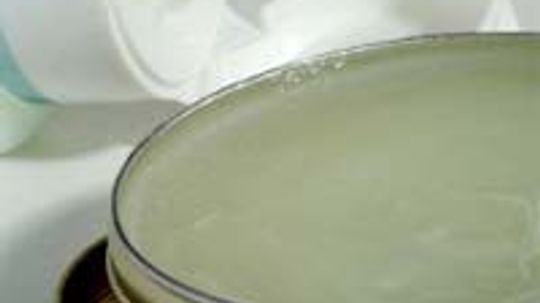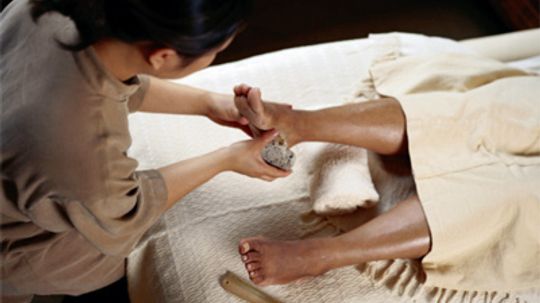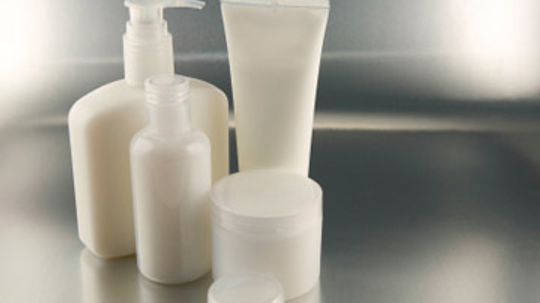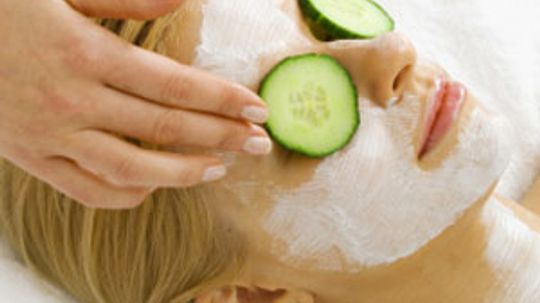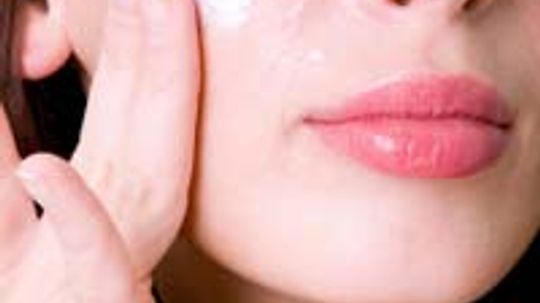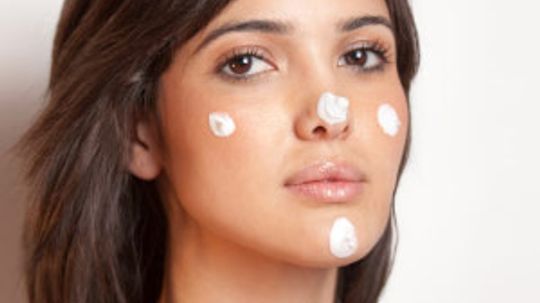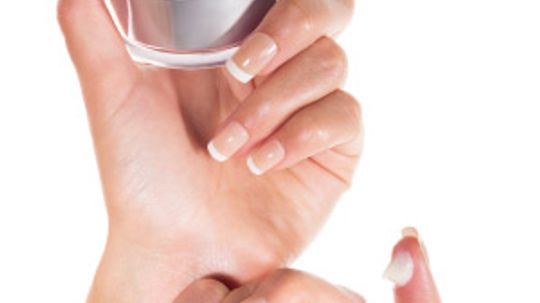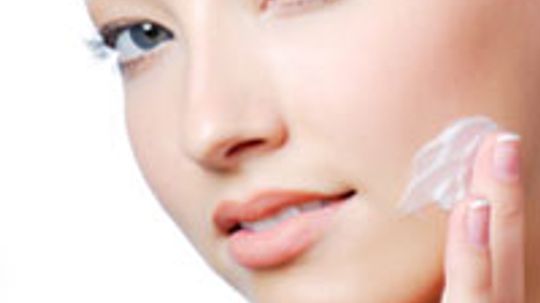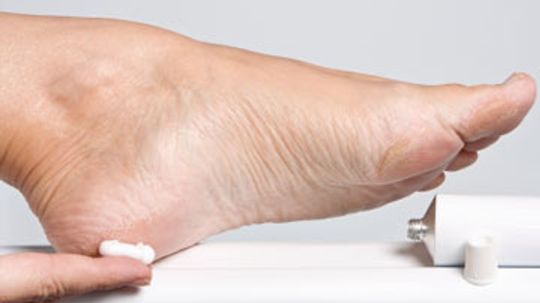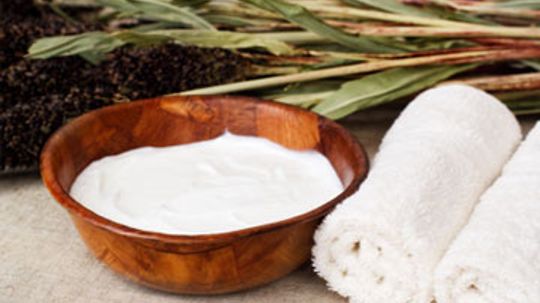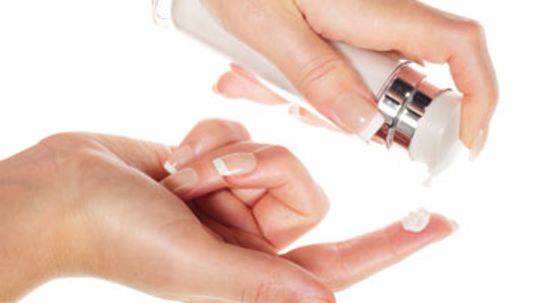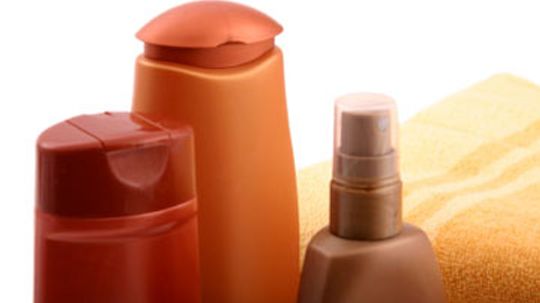Skin Moisturizing Products
Skin moisturizing products often help maintain one's youthful glow. Learn more about skin moisturizing products at HowStuffWorks.
Learn More
You slather it on every day, but what's really in your face moisturizer? We teach you the ingredients in face moisturizers that can give you youthful skin
By Abigail Libers
Jojoba oil can be used on your skin and hair and may even help with acne. Learn the many ways that jojoba oil can benefit your skin.
By Abigail Libers
Shea butter's benefits are well-known and accepted by dermatolgists and beauty fiends. But does what are shea butter's benefits for your face?
By Abigail Libers
Advertisement
Moisturizers, like any other beauty product, have a shelf life. Learn how long moisturizer stays good and when you should get a new one.
By Diana Kelly
Peptides can be great for your skin, especially when they're in your face cream. Learn why peptides are a must-have for glowing skin
By Diana Kelly
An important nutrient for your body, zinc is also great for your skin. Learn all the wonderful ways zinc works for your skin.
By Jennifer Cohen
Homemade moisturizers and face masks are an easy way to save on skin care. Follow our DIY tips for making healthy and safe homemade moisturizers.
By Jennifer Cohen
Advertisement
Olive oil tastes great and gives your skin care routine a boost. It's a natural remedy for dry skin and much more! See five ways olive oil helps skin.
That slick stuff is actually doing its best to help your hair and skin. Is this a case of the more oil, the merrier? Or should shiny, happy people shun oil-based moisturizers?
For people who have oily skin, mattifying lotions can help reduce shine and give the skin a smoother look. How do these lotions cut down on oil to boost your skin's appearance?
By Jill Jaracz
Some moisturizers cost hundreds of dollars. These products promise to erase lines, wrinkles and dark spots. But can a trusty tub of petroleum jelly do the same thing?
Advertisement
Your feet endure a lot of wear and tear as they're getting you where you need to go. So how do your tootsies like to be treated?
You might not think there's a difference between creams and lotions. But if you look closely, there are things that separate the two. What does viscosity have to do with it?
It's a common image in sitcoms and films -- someone relaxing in a lawn chair or settling into bed with facial cream and two cucumber slices around the eyes. Can cucumbers actually moisturize your skin, or are you simply wasting good salad material?
With damage from the sun's rays, irritation from shaving and drying soaps, there are a lot of things that contribute to aging skin. How can anti-aging moisturizers reduce the appearance of tired skin?
Advertisement
Moisturizers are known for preventing dryness, but that's not all they can do for your skin. Which marketing claims should you trust, and which ones might need investigating?
Glycolic acid is often used in chemical peels to rejuvenate your skin, but some over-the-counter lotions include it in small concentrations for everyday use. But will they get you the same kind of results?
With all the tasks our hands are responsible for during the day, it's no wonder they often dry out easily. Could moisturizing gloves be the key to keeping them soft and supple?
Moisturizing socks can condition your feet when they're dry and cracked. What do these socks have in common with disposable diapers, and how does that help them soften your soles?
By Gina Fisher
Advertisement
If you have oily or acne-prone skin, you may avoid using moisturizers -- but an oil-free facial lotion may be just what your skin needs.
If you have acne, psoriasis, warts or calluses, a salicylic acid lotion may help treat your condition. But how do these lotions work, and how often should you use them?
You may have seen shea butter listed as an ingredient in your moisturizer or cleanser, but what exactly is shea butter? And why is it used in so many different skin care products?
Whether you have dry, oily, sensitive, aging or acne-prone skin, your skin needs moisture. But what moisturizer is right for you?
Advertisement
If you want that summer glow without the risk of sunburn and skin cancer, try a sunless tanning product. Self-tanners can give you quick color, but skin-darkening moisturizers may give you a more natural-looking tan.
By Aida Duncan
Many who have some form of hyperpigmentation -- areas of darker skin -- turn to skin-lightening moisturizers to solve the problem. How can these topical treatments permanently change the color of skin?
